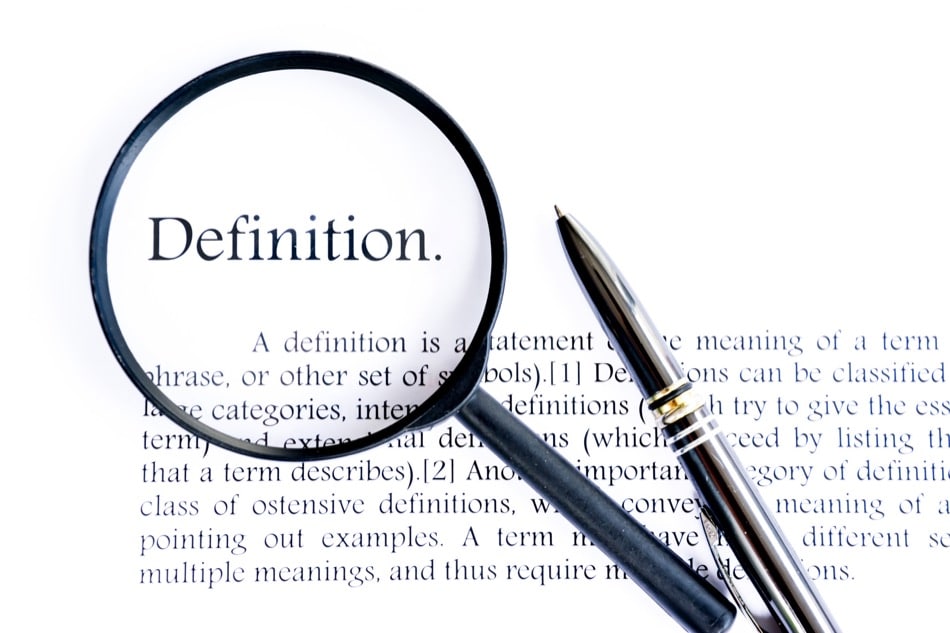
Ultimate Guide on Federal Fair Housing Laws
 When looking to purchase or rent a Blaine home, people are protected from many types of discrimination by federal fair housing laws. These laws were put into place by the federal Fair Housing Act of 1968, detailing the practices that could be discriminatory. Real estate agents, mortgage lenders, and other industry professionals must abide by the laws or end up facing a serious lawsuit. With a solid understanding of these protections, homebuyers can ensure they are being treated fairly—and take the appropriate actions if discrimination comes into play.
When looking to purchase or rent a Blaine home, people are protected from many types of discrimination by federal fair housing laws. These laws were put into place by the federal Fair Housing Act of 1968, detailing the practices that could be discriminatory. Real estate agents, mortgage lenders, and other industry professionals must abide by the laws or end up facing a serious lawsuit. With a solid understanding of these protections, homebuyers can ensure they are being treated fairly—and take the appropriate actions if discrimination comes into play.
For informational purposes only. Always consult with an attorney, tax, or financial advisor before proceeding with any real estate transaction
Purpose of Federal Fair Housing Laws
People deserve to be treated fairly and the same as everyone else while looking for housing, whether they are buying or renting. Unfortunately, this is not always the case. Federal fair housing laws are designed to help by making particular types of housing discrimination illegal. Above all else, they are meant to help eliminate discriminatory practices that can keep people from acquiring their ideal home.
Without these protections, people could be subject to denial of their loan or housing application due to no fault of their own. Thankfully, housing laws ensure lenders and other industry professionals leave their own biases behind in making those key decisions.
Groups Protected Under These Laws
Not all forms of discrimination are addressed by the law, however, as it only covers seven distinct classes:
- Disability
- Familial status
- Race
- Color
- Religion
- National origin
- Sex
Mortgage lenders, real estate agents, and other professionals cannot rely on their bias against any of the listed groups in deciding whether to extend housing opportunities to people.
Instead, they must use non-biased criteria in determining if the individual is a good fit for the location or program. They can look at rental histories, income, and even credit scores, for example, in making this decision. They cannot, however, decide not to serve someone because they do not like their religious beliefs. Shuman Legal says housing professionals are best to play it safe in avoiding discriminatory practices by creating purely factual ads without any personal remarks.
Properties Exempt from Federal Fair Housing Laws
Although the law applies to the vast majority of housing options available today, not all dwellings are covered. People who are renting out their owner-occupied dwelling may not have to abide by this law, for example, as long as the building has fewer than four units.
This is also true of single-family homes being sold by the owner or rented out without help from a real estate professional. In addition, people operating under religious organizations and member-only clubs do not have to avoid discrimination in supplying housing to their communities.
Communities designed for seniors must follow the law with the exception of age-based discrimination. They are allowed to require their tenants meet the age requirements of their community, as the rules are applied fairly across all applicants.
Generally, unless the dwelling is specifically spelled out as exempt, it is likely subject to the anti-discriminatory rules. Unlike housing, all professionals in the industry are required to follow the law, no exceptions granted.
Actions Qualifying as Discrimination Under the Law
Discrimination can arise quite subtly sometimes, leaving people guessing why they are being denied. In other cases, bias clearly shows through in the ad or during a conversation with the housing professionals.
Actions qualifying as discrimination under the housing laws includes:
- Denying people of a certain race from filling out an application
- Advertising the property as an ideal place for a particular religious group
- Providing discounts for being a part of a specific ethnic group
- Turning away people with children
- Imposing special conditions due to age or sex
- Using mental health conditions to making housing decisions
- Asking for details about disabilities and requesting medical records
Housing professionals are best to play it safe in avoiding discriminatory practices by creating purely factual ads without any personal remarks. They should treat all applicants the same and use consistent criteria for every single person. That way, they can rest assured they are basing all housing decisions on unbiased data, giving everyone an equal shot at getting the home of their dreams.
Fair Housing Law Penalties
Federal fair housing law violations are investigated solely by the Department of Housing and Urban Development (HUD). If they find any allegations are founded, they are also in charge of enforcing the law. They are constantly looking for violators using people posing as homebuyers and renters, making it necessary for industry professionals to always stay on their toes.
Homebuyers and tenants can also report violations to HUD if they feel like they are being discriminated against by someone in the industry. They just need to file a claim with the department to start the investigation. HUD officials will then look into the claim to see if it has any merit and determine what actions to take. If they determine a violation occurred, the offending party could be subject to civil penalties of up to $65,000 plus damages and attorney fees.
With federal fair housing laws on their side, homebuyers and tenants alike can keep bias to a minimum in finding their ideal home. And if anything goes awry, they can report the offender and halt the discriminatory actions in their tracks.
For informational purposes only. Always consult with an attorney, tax, or financial advisor before proceeding with any real estate transaction.








